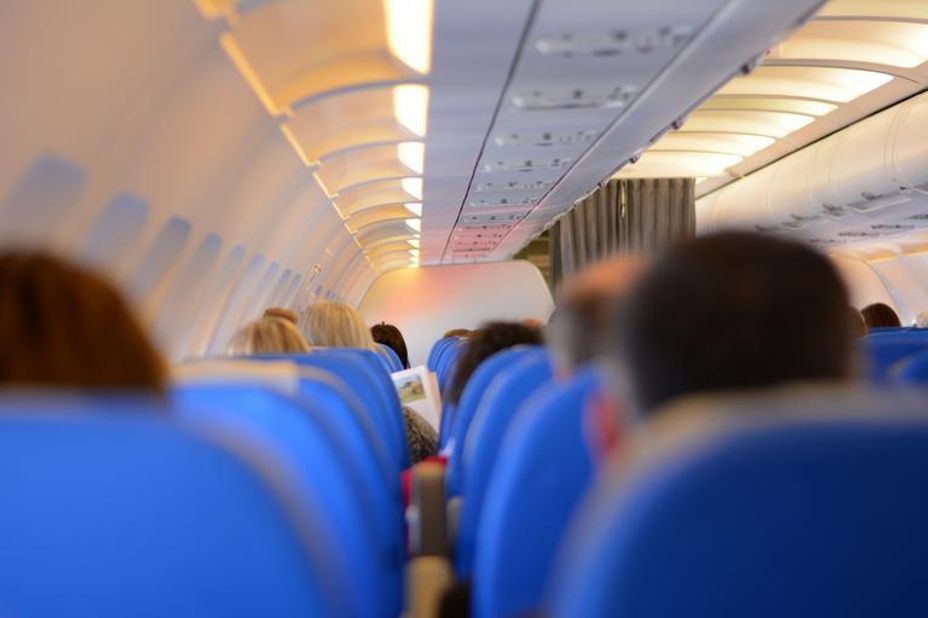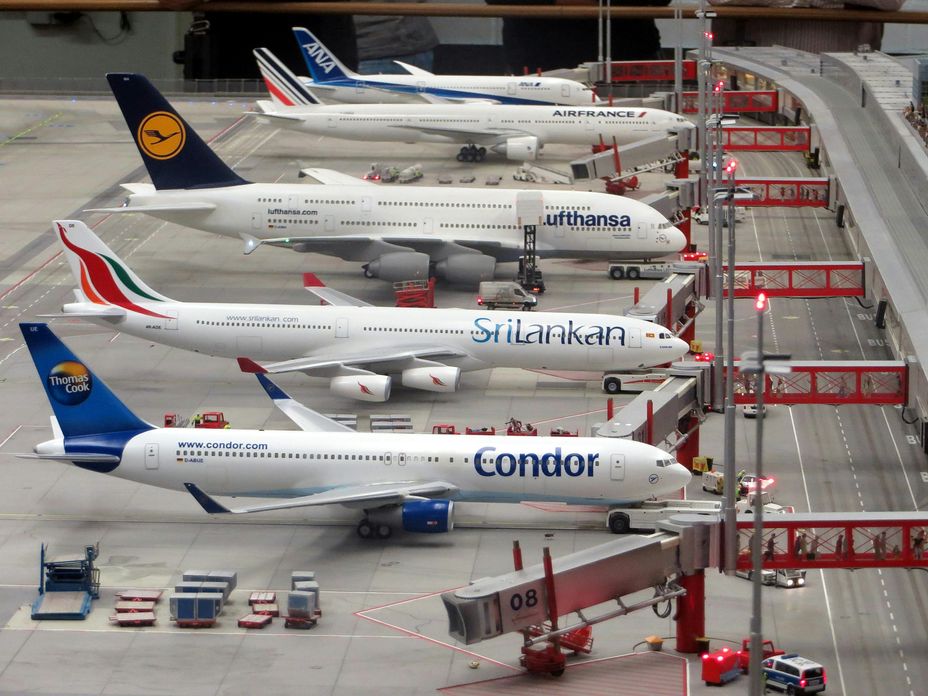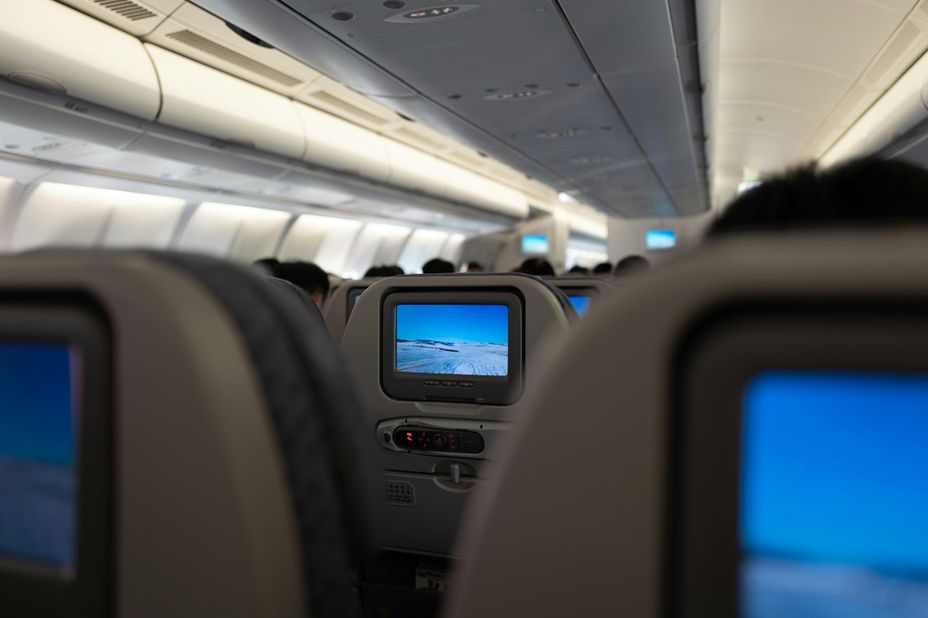Fear of Flying Worsens When People Gasp During Turbulence
Imagine for a moment that you're sitting in an airplane that's been having a pretty smooth flight so far. The fasten seatbelt sign is off, people are walking around the cabin, and things are uneventful. Slowly, as the minutes pass, you notice that it's been getting a bit choppier and more frequent bumps start to occur. The plane moves around like it's rolling over some small speed bumps in the air, and you also feel some side-to-side movements in the plane. As this happens, the seatbelt sign turns on and the captain asks people to take their seats and fasten their seatbelts. You see people move back to their seats, and you hear seatbelts click. It's often this moment that can bring worry and tension to people who fear turbulence -- not knowing how bad it will be, for how long, etc.
As the bumps continue, at one point you experience what feels like a quick dip—a sensation that may feel in the body like a large drop when it really lasts for maybe a second or two at the most. If you were outside of the plane looking at it, you wouldn't even notice the plane move. But from the inside of the plane, you feel this sudden drop throughout your body. In this moment, several people in the plane gasp out loud, and you even hear someone let out a quick scream. You can actually hear the sound of people's anxiety, and possibly their own fear of turbulence coming through. When you hear this your own anxiety also noticeably ramps up, and suddenly you're much more anxious and fearful than you were before, even if you were already feeling tense or nervous. Now, you're noticeably terrified, feeling that danger and worse case scenario is actually imminent instead of just a dreaded thought.
Hearing People Gasp, Scream, and Cry During Turbulence Makes Danger Feel Real
Moments when people gasp and sometimes even scream in response to airplane turbulence can actually increase people's fear of flying. Hearing these external reactions of other people's fear and anxiety have stuck with them for years when hearing others around them gasping, screaming, or crying during turbulence. The experience of others' anxiety in the face of their own fear of flying and turbulence felt alarming, and had a way of validating and magnifying any of the fear they were already feeling.
Why does this happen?
Fear and Anxiety Validation
It's one thing to feel fear on the inside, but it's another to find out on the outside that other people agree with your fear. When people generally are afraid, it's normal to locate sources of calm from the outside in order to help soothe anxiety and fear. As children, whether with flying or anything else, you look to your parents when you're feeling scared or anxious to see if they are, as well. If they're calm, then you start to learn that things are probably okay and you can maybe settle a bit. However, if you're feeling anxious and scared and you see that one (or both) of your parents is also anxious, then it can start to feel like there really is a reason to be afraid. If you're scared, and they're scared, then you must really be in actual danger, and who's going to protect you if they're also overwhelmed?
These moments are not only terrifying for children, they can be for adults who are feeling scared, too, especially if as a child your parents struggled to maintain calm in the face of your anxiety.
In flight, people who are experiencing anxiety may search for the calmness of the flight attendants to help ground themselves. However, in a moment where you hear others around the cabin gasping and making audible sounds that announce fear, the body can automatically respond to this as if there are actual dangers and threats. The body may think, "Okay, other people are scared and not just me. Now I know we really are in danger and the worst may actually be happening."
This is a common experience that can underly and exacerbate fear of flying. When you're already feeling powerless, other people's reactions can become more powerful. For people who already experience fear of flying, it can be incredibly triggering. However, even for people who usually aren't afraid of flying, it can actually create or uncover fear that wasn't noticeable or there before.
The Magnified Fear Can Last For Years, Even Decades, Without Help
These experiences can actually be so triggering in the moment that they can stick with people for years after, even decades. It becomes easy to recall the moments in a flight where other people were scared, too. In many ways, the experience of your own fear can become more heightened than it likely would have been if it was just a moment of turbulence without hearing other people's reactions. While it still may have been unnerving to experience a momentary drop if you are fearful of turbulence, the addition of the gasps and external fears to it makes an imprint that is powerful on the mind and body. It has made people's fear of flying become stronger.
It is already very difficult to sit with fear, but when it feels like the perceived danger is real, the catastrophe is happening, and no one can help, it can be traumatic.









